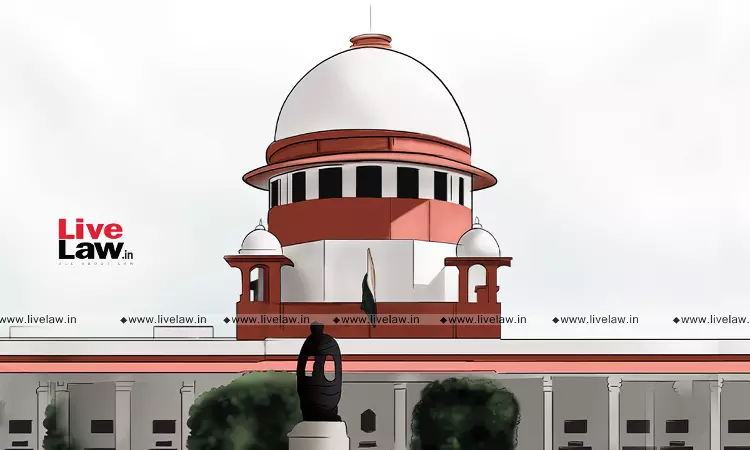Supreme Court Summarises Principles For Interpreting Tax Statutes In Judgment On GST Input Tax Credit
Amisha Shrivastava
5 Oct 2024 11:41 AM IST

Next Story
5 Oct 2024 11:41 AM IST
The Supreme Court on Thursday (October 3) outlined the principles governing the interpretation of taxation statutes in the context of the Central Goods and Services Tax (CGST) Act, 2017.A bench of Justice Abhay Oka and Justice Sanjay Karol summarised the principles of interpretation while dealing with a case involving the interpretation of Section 17(5)(d) of the CGST Act, which disallows...
